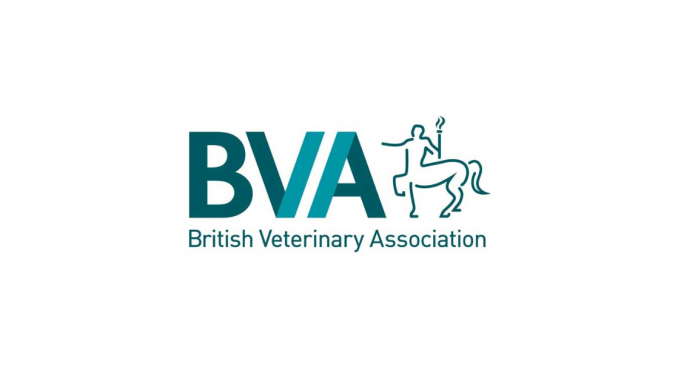
As temperatures plunge across the UK, the British Veterinary Association (BVA) has issued a warning to animal owners to take measures to protect pets from a range of winter hazards which could lead to serious illness. Extended exposure to extremely cold weather and accidental ingestion of toxic grit and antifreeze are amongst the most concerning.
BVA, which represents almost 20,000 vets across the UK, has issued top tips to help pet owners keep their dogs, cats, rabbits, guinea pigs and other companion animals warm and safe over the winter months.
Sharing the latest forecast, Met Office Chief Meteorologist Steve Willington said:
“It is staying cold with daytime temperatures remaining only a few degrees above freezing in many places over the coming days and overnight temperatures dropping to -10°C or lower in isolated spots.
“Although below average, these temperatures are not that unusual for this time of year but nevertheless, can be impactful for people and their pets. We have a number of snow and ice warnings in place at the moment.”
British Veterinary Association Senior Vice President Justine Shotton said:
“When it’s cold for us, it’s cold for our pets, which is why it’s important to take extra precautions to keep them safe and warm.
“During the coldest months, dogs and cats need easy access to shelter and a cosy den, and while dogs will still need exercise, owners should take precautions to protect them from the cold. Antifreeze is a huge hazard for cats, so contact your vet immediately if you see signs of poisoning such as vomiting, depression, lack of coordination, seizures and difficulty breathing.
“Rabbits and guinea pigs are also vulnerable to hypothermia despite their warm coats, so owners should take steps to ensure any outdoor hutches are well protected from the snow, cold draughts and winter rain.
“If you have any concerns about your pet in this cold weather, please consult your local vet for advice.”
BVA’s top tips to keep pets safe from the cold
- Take precautions during and after dog walks: Dogs still need exercise in the cold months but consider putting a coat on older dogs or those with thin fur to keep them warm during walks. Wipe your dog’s paws and belly on returning home from a snowy walk to remove any ice or salt, and regularly check for cracks in paw-pads or for redness between the toes. Grit or rock salt can be extremely toxic to dogs and cats if ingested.
- Avoid antifreeze poisoning: Wiping your pets’ paws can prevent them from ingesting toxins that they may have walked through whilst outside. Antifreeze in particular is highly toxic for cats, even in small amounts. Apart from use in car radiators and de-icing products, some cases are thought to be linked to ingesting diluted antifreeze used in ornamental water features to protect the pumps. Store and use antifreeze products carefully and clean any spillages thoroughly.
- Provide a warm, draught-free shelter:
- Make sure your dog’s bed is in a draught-free, warm spot insulated from the floor in the house. Line it with an extra blanket or two.
- Consider keeping older cats indoors during extreme cold snaps and provide even healthy, young cats with easy access to shelter and warmth
- Rabbit and guinea pig hutches or runs should be in a sheltered position, away from wind, rain and snow, and at least 10 cm off the ground. Line them with plenty of newspaper, provide lots of hay and cover the hutch with an old duvet, blanket or tarpaulin. Rabbits need a temperature between 10⁰C – 20⁰C (the lower temperature assumes rabbits are healthy and kept with other rabbits, with lots of bedding for warmth) and guinea pigs need 5⁰C – 20⁰C, avoiding significant fluctuations in temperature. If the weather becomes very severe, consider moving outdoor pets inside to a well-ventilated space with light and room to exercise.
- Reptiles and amphibians should be kept in temperature-controlled environments indoors.
- Care for your horses: Avoid sudden changes in management and diet for your horse in winter. The use of rugs will depend on the breed of horse and whether they are clipped— owners should be mindful to avoid over-rugging.
- Check their water: Check water bottles, bowls or outdoor troughs regularly, as these can freeze when the temperature drops.
Leave a Reply